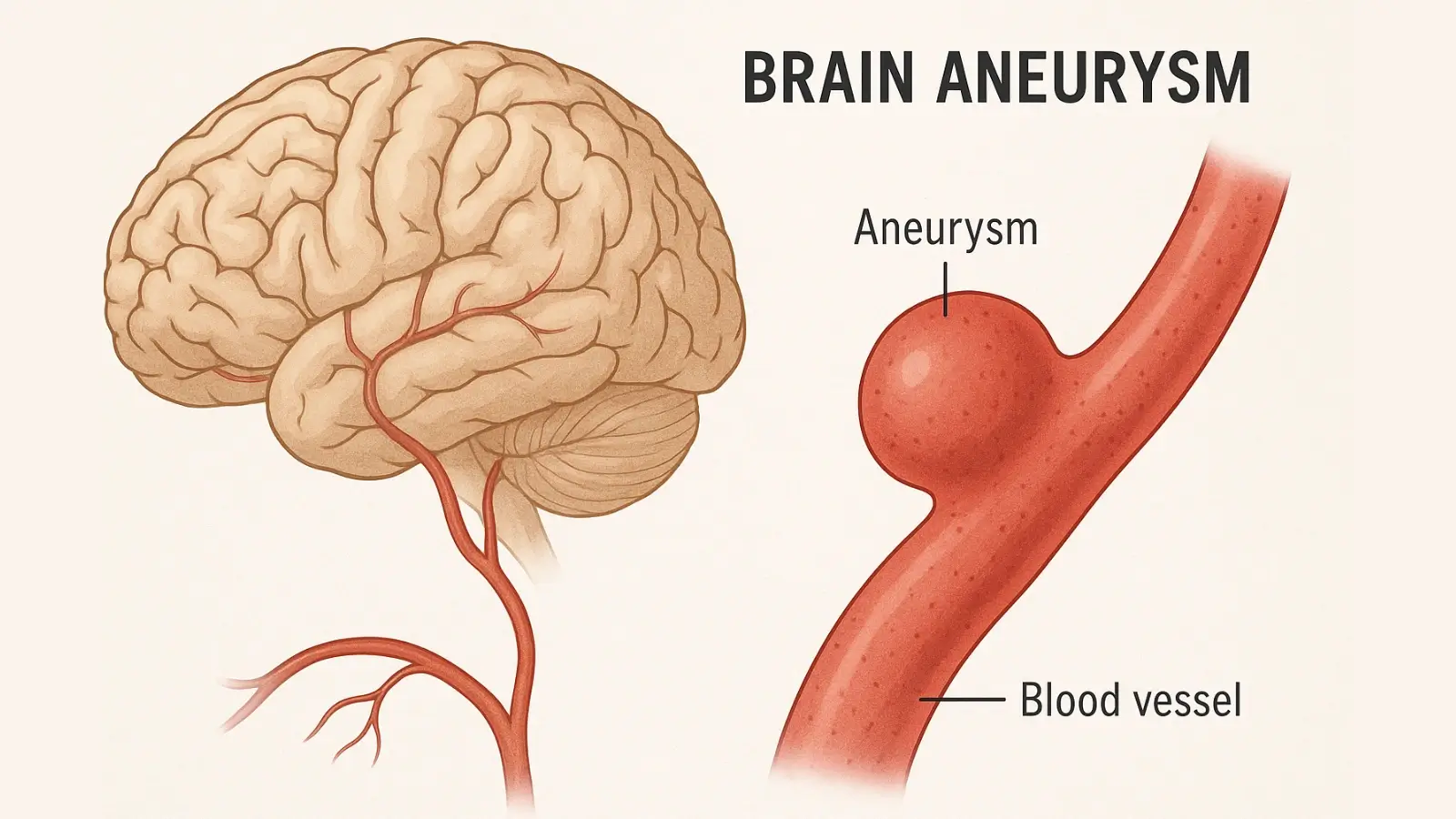


Experiencing a car crash can be life-altering, leaving individuals with physical injuries and lasting emotional impacts. While medical treatment is often the first priority, addressing psychological and emotional effects is equally crucial. Consulting an auto accidents attorneys at Law Offices of Jason B. Kessler can help victims understand their legal rights and access resources to support both physical and emotional recovery.
After an accident, it is normal to feel shock, confusion, anxiety, and even guilt. Many people experience recurring thoughts about the event, nightmares, or heightened alertness. Some may feel anger or frustration at themselves or others involved. While these reactions are common, persistent symptoms can interfere with daily life and may indicate post-traumatic stress disorder (PTSD). Recognizing these signs early is key to effective recovery.
Emotional distress should not be ignored, especially if it continues for weeks or months. Mental health professionals can provide guidance and coping strategies tailored to each individual. Cognitive-behavioral therapy (CBT) helps process trauma and develop healthier thought patterns. Therapists can also teach techniques to manage anxiety, fear, and emotional triggers that linger long after the crash, ensuring long-term mental well-being.
A strong support network can ease the recovery process. Talking with trusted friends or family members reduces feelings of isolation and provides emotional validation. Support groups allow victims to connect with others who have experienced similar accidents. Sharing experiences, advice, and coping strategies helps survivors feel understood and less alone in their recovery journey. Additionally, online communities and forums provide a safe space to ask questions, share progress, and gain encouragement from people across the country, offering a wider perspective and valuable insights.
Incorporating self-care into daily routines strengthens resilience and helps the mind and body recover after a traumatic experience. Physical activity, balanced nutrition, and sufficient sleep improve overall health, boost energy levels, and enhance emotional stability.
Mindfulness practices, such as meditation, yoga, or deep-breathing exercises, reduce stress, promote clarity, and help regulate emotional responses. Engaging in hobbies or creative activities can also provide a sense of normalcy and joy, encouraging mental relaxation.
Resuming driving can be one of the most stressful parts of post-accident life. Gradually returning to familiar routes can help rebuild confidence. Initially driving with a supportive companion may ease anxiety. If fear persists, therapists specializing in trauma can provide tailored strategies to restore driving independence safely and reduce the risk of panic or avoidance.
Severe emotional distress, persistent sadness, withdrawal from social activities, or thoughts of self-harm require urgent professional attention. Early intervention prevents symptoms from worsening and provides tools for effective coping. Seeking help demonstrates strength and a commitment to holistic recovery after a traumatic experience.
Recovering from a car crash involves more than physical healing. Addressing mental health, seeking professional support, maintaining a strong network, and practicing self-care are essential for emotional well-being. By integrating these steps consistently, individuals can regain a sense of control and rebuild their daily routines more confidently, ensuring a balanced recovery for both body and mind.